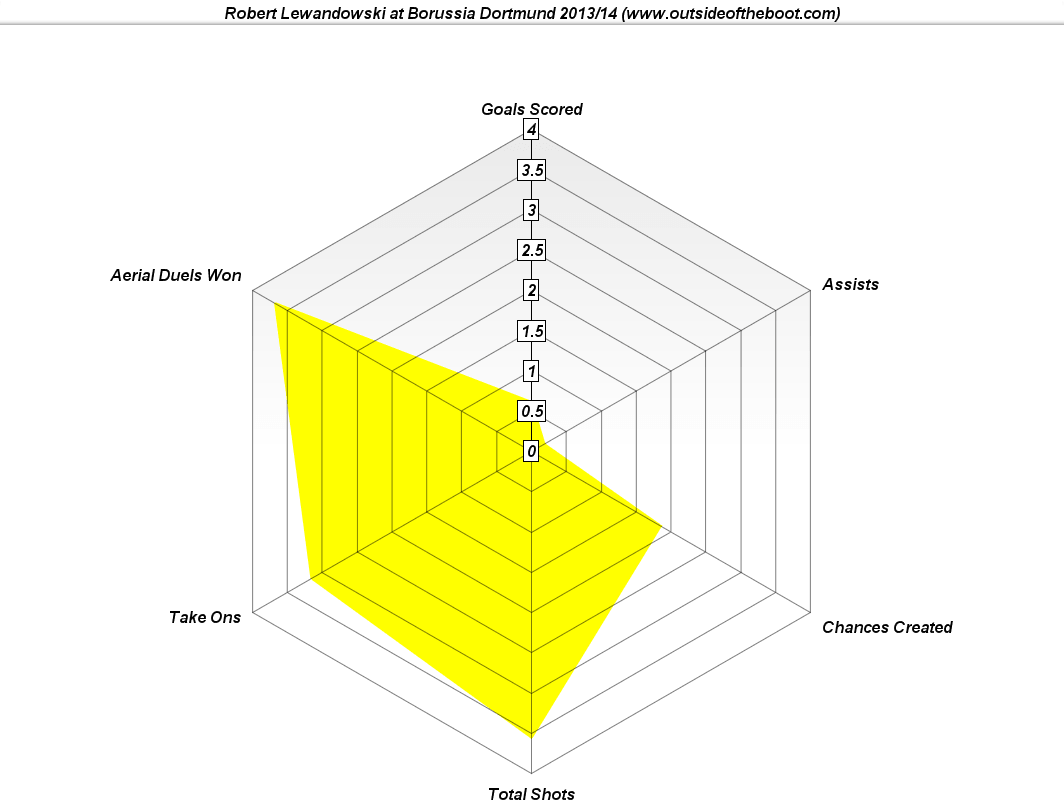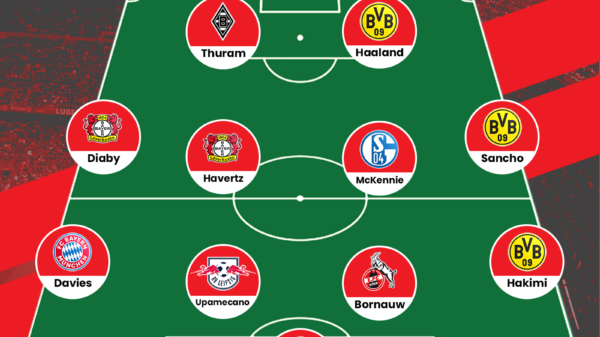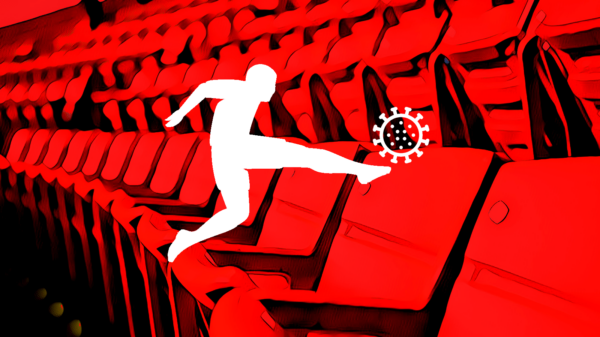Over the next few weeks and months, you will see a lot of statistics related articles on here, catering to that part of our readership that loves the utilisation of numbers and data in the beautiful game. This piece by Sami Faizullah looks at Bayern Munich’s big signing, Robert Lewandowski, comparing him to the striker sold by the Bundesliga champions, Mario Mandzukic.

When Bayern Munich announced the signing of Mario Götze just before the 2013 Champions League final, it sent shock-waves through the German Bundesliga as the Bavarian club showed their supremacy in the domestic game by managing to attract one of the best players from their nearest rivals. This supremacy was re-emphasised a year later when Bayern managed to rope in another important component of a successful Dortmund side, when a move for Robert Lewandowski was confirmed. Dortmund had initially done well to convince the Polish striker to stay on, but he eventually gave in to the lure of the Allianz Arena.
Signing the 25-year-old spelled the end for Mario Mandzukic’s chances at the club. Though initial communication from the Bayern management suggested both would fight for their place, the Croat realised the need to move to ensure regular football while still at his peak. Both competed for the role of top goal-scorer in the German Bundesliga with Lewandowski coming out on top in every season. The fight was closest last season with Lewandowski finishing top ahead of Mandzukic by two goals.
While Lewandowski is widely considered to be among the most prolific goalscorers in Europe, Mandzukic has earned a positive reputation himself, though many are divided on him. So have Bayern Munich actually got an upgrade on Mandzukic? Or was the ex-Wolfsburg striker the right man at the top?
The Basic Overview
The factors taken into account for a Basic Overview are the players’ contribution toward goal-scoring, while also measuring the other direct ways the attack is influenced by them with the chances created and assists made listed as well. We have also measured their ability to successfully take on opponents; and since both are known for their heading ability, it has been taken into account as well. Lastly their shots per game are analysed which again tells you how big a threat they can be in front of goal.

Robert Lewandowski’s basic overview at Dortmund in 2013/14 (all stats per game) | Stats provided via Squawka
Robert Lewandowski scored 20 times last season, finishing as the top scorer playing in all but one of Dortmund’s league games, giving him a 0.61 goals per game ratio. He created nearly 2 goals every game (1.85) and finished off with 0.18 assists per match; not overly impressive but comparatively slightly better off. He took close to 4 shots every game, and to do that over the course of 34 game league season is quite remarkable. When faced up with opponents in one-on-ones, he shows good numbers again with 3.15 successful takes ons per match. The most significant stat (significant comparatively and personally as I expected Mandzukic to come out on top), Lewandowski managed to win 3.67 aerial duels every game.

Mario Mandzukic’s basic overview at Bayern Munich in 2013/14 (per game stats) | Statistics via Squawka
Though Mandzukic scored two goals less than Lewandowski, he did so in 30 appearances, and with fewer starts. His goals per game thus almost matches up with 0.60 being the figure. He falls short in the chances created department, with just the solitary one every game and thus negligible amount of assists. He takes a shot lesser per game compared to the Pole with just 2.53 per game. The biggest difference arises in the takes on category, while Lewandowski managed 3.15 every game, Mandzukic struggled with just 0.67 per game; alarming that. The headed duels, as mentioned, is the surprising one here with 2.50 won per game, again falling over 1 short of Lewandowski.
The Goals
The stats taken into account here are in five main factors, across types of goals and positions of them. Goals from either foot, headed ones, those from inside the penalty area and ones outside the box are all taken into account.

Robert Lewandowski’s goal-scoring stats at Borussia Dortmund in 2013/14 (per game stats) | via Squawka
Lewandowski’s strengths clearly lie on his right foot with negligible amount of contribution from his other foot or his head. Nearly a goal every two games comes from his right foot with a 0.48 per game average. Just the one goal all season with his head and two with his weaker left foot. He also managed to get two goals from outside the box, which pips Mandzukic.

Mario Mandzukic’s goal-scoring stats at Bayern Munich in 2013/14 (statistics per game) | Statistics via Squawka
Here’s where Mario Mandzukic comes out on top, as a pure goal-scorer. His goals are almost equally balanced out across both his feet and his head; six with his left foot, five from the right and seven with his head (see why the aerial duels was alarming?) which averages out as 0.20, 0.17 and 0.23 per game. He didn’t score a single goal from outside the box, with all 18 coming from inside. Interestingly, 18 of Lewandowski’s goals were also from within the area.
Interpretation
It’s clear that if we are talking about players in an overall sense, Robert Lewandowski takes the plaudits. He’s one whose influence is more spread across the pitch and will fit into the Total Football type of system that Guardiola employs at Bayern Munich, or to be more with the times — universality of roles. This is evident in the number of chances created and successful take ons (which arise if one plays deeper, rather than just in the attacking third).
But in Mandzukic the benefit was that you had a pure goal-scorer, a man you’d just stick upfront and he’d deliver in whatever way possible. Mandzukic is probably one of the last traditional strikers to do well at the top level, with very few coming through from the youth systems. He’s your typical centre-forward in the side just to score, and quite literally nothing else.
While Lewandowski does pose as an option to blend right into what Guardiola has employed, the problem we’ve seen in 2014 is of teams not having a successful system away from the primary one, no Plan B. Mandzukic provided that option, to a not-so-well-used degree. Lewandowski, though an exceptional striker and one that’ll do well next season, won’t be a solution were Bayern to face off another team like Real Madrid that finds a way to successfully contain that primary system.
Lewandowski the better player overall, Mandzukic was the better pure goal-scorer, the latter wasn’t given a fair chance to solve the problems while Lewandowski is one that prolongs a successful system without finding solutions to the weakness of it.


























































